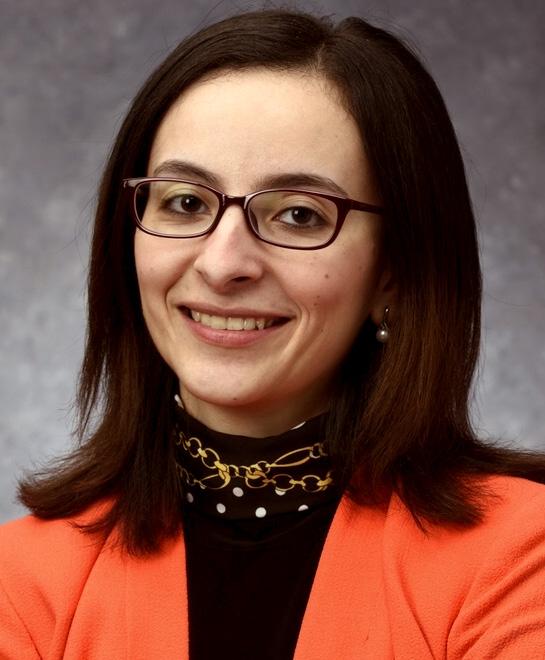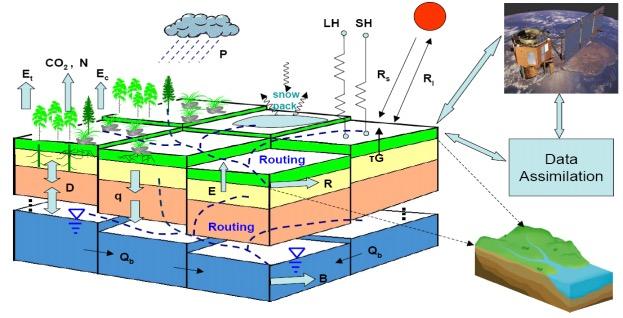ELECTRICAL & COMPUTER ENGINEERING
Guangyong Li, PhD
506 Benedum Hall | 3700 O’Hara Street | Pittsburgh, PA 15261
Associate Professor
P: 412-624-9663 gul6@pitt.edu www.pitt.edu/~gul6
Dr. Guagyong Li is an Associate Professor in the Department of Electrical and Computer Engineering. Li’s major research interests include micro/nano robotics; nanoscale characterization; thin film solar cells; biocellular mechanics.
Particularly, Li is interested in developing nanorobotic systems to manipulate materials at nanoscale; developing nanoscale metrological instruments and technologies to study fundamental physics of nanodevices and to characterize
biomaterials at cellar and molecular levels; studying fundamental physics of organic/inorganic thin film solar cells through multiscale modeling and simulation as well as nanoscale characterization.
Multiscale Modeling, Simulation and Optimization for Designing Organic Solar Cells Organic solar cells hold the potential of being a low-cost, highly flexible renewable energy harvesting technology. But organic solar cells have not yet proven to be a viable alternative to silicon-based ones due to the limited understanding of charge transport behaviors across length scales of organic solar cells, yet such transport is crucial for device efficiency. The objective of this research is thus to develop a multiscale simulation and optimization methodology for organic solar cells that directly links the basic materials properties(electronic and optical), nanoscale morphology and their dependency on processing conditions (e.g. temperature and time), bulk material properties (e.g. bulk mobility), and device designs, to device efficiency. We aim to merge simulation tools across multiple time and length scales using successive integration steps. The resulting tools would enable a holistic design approach where the design space will be systematically explored to dramatically improve the performance of organic solar cell devices.
Fabrication
Multi-Scale Characterization
Design
Multiscale Modeling and Simulation
Efficiency
Optimization
Development of Kelvin Probe Force Microscopy for In Situ Characterization of thin Film Solar Cells Kelvin probe force microscopy is able to differentiate work function of surfaces at nanoscale. It has evolved into an effective tool to study electrical properties of materials such as semiconductors, organic materials, biomolecules, and nanoscale materials. For example, it can directly observe the charge transfer at interface between two materials. The right figure shows the direct observation of hole transfer between a carbon nanotube and organic semiconductor polymer revealed by Kelvin probe force microscopy. Our
objectives in this research area include (1) the fundamental study on Kelvin probe force microscopy with aim to improve the resolution and accuracy; (2) investigation of charge transfer among interfaces by Kevin probe force microscopy with aim to reveal the fundamental physics of organic/inorganic thin film solar cells; (3) Characterization of junctions in organic/ inorganic thin film solar cells with aim to locate any barriers that deteriorate the performance of the cells.
DEPARTMENT OF ELECTRICAL AND COMPUTER ENGINEERING
89





























































































